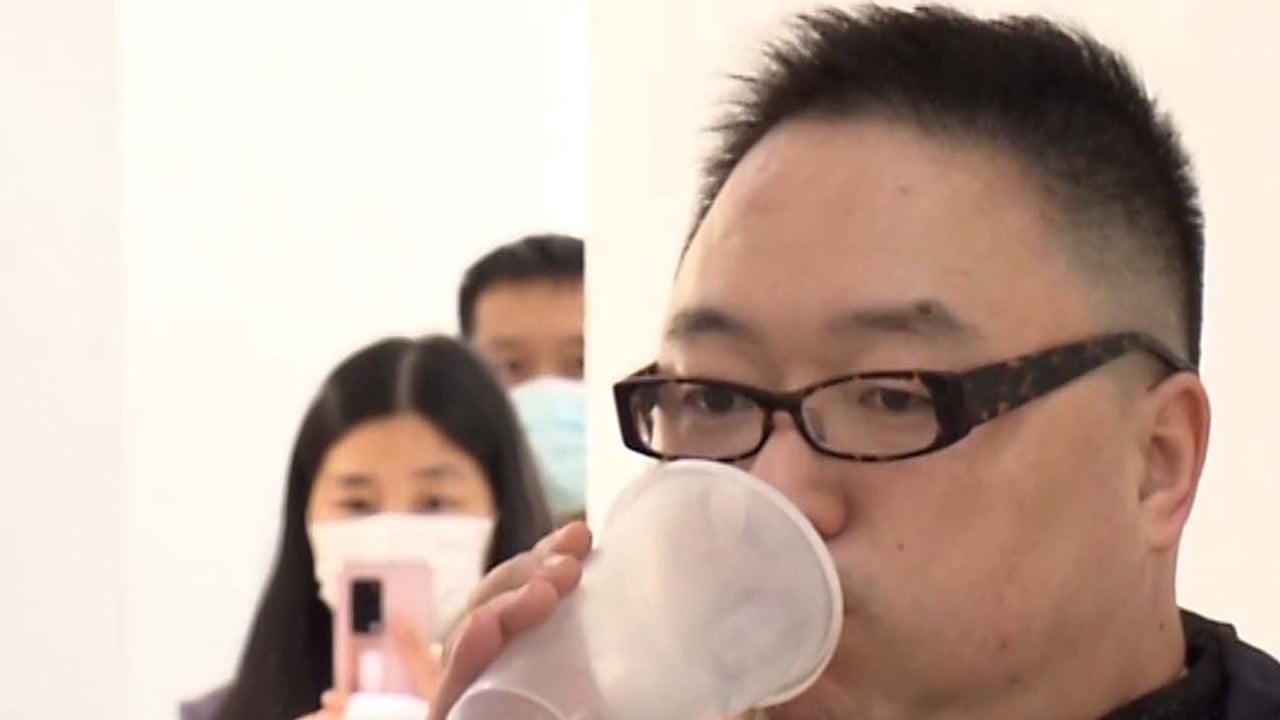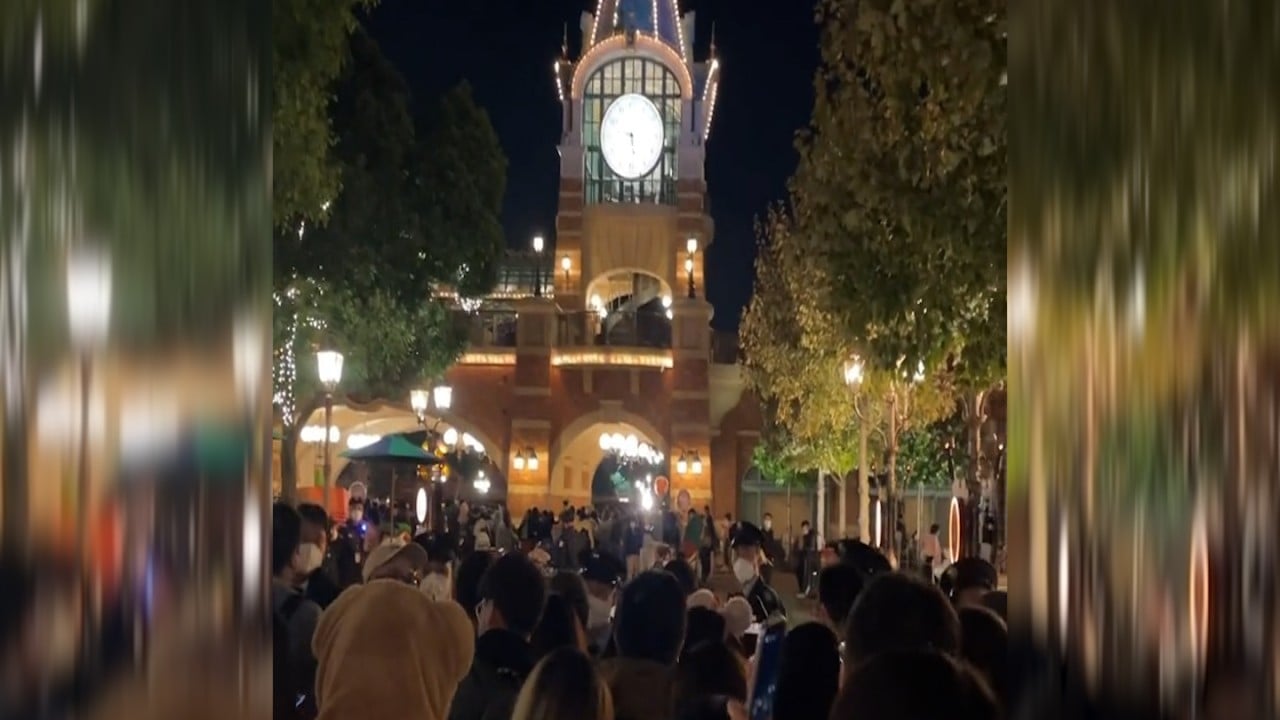
Coronavirus: mainland China set to approve BioNTech vaccine for foreign residents
- German chancellor hopeful mRNA Covid jab use can be expanded across mainland
- Beijing’s approval for BioNTech shots has been stalled for more than a year
“I talked to the premier and the president about working more closely together. This would mean allowing BioNTech for expatriates in China and approving it within China. This would only be a first step, but I hope that the circle of those entitled to use it will be enlarged to the point where BioNTech will be available for anyone who wants it in China,” Scholz said in a joint news conference with Chinese Premier Li Keqiang.
Xi promises world ‘big opportunities’ as China’s markets open up further
Many foreigners on the mainland took the inactivated vaccines developed by Chinese companies, though some were allowed to take BioNTech shots that were available at foreign embassies.
BioNTech has repeatedly said it hoped to have its mRNA vaccines approved for use across China, but the regulatory review process has been stalled for more than a year.
Put lives first: Erdos ‘draws lessons’ on zero-Covid after 3-year-old dies
It had been widely expected that even if China allowed broader use of the BioNTech vaccines, they would only be used as a booster shot. More than 90 per cent of the population has received two doses, but by mid-October, only about 57 per cent had taken a booster dose.
China was at first sceptical about mRNA vaccines since they had never been used in people before Covid-19.
The mRNA shots have since become widely used around the world, and China has been racing to develop its own version, but progress has been slow.
A home-grown mRNA vaccine called AWcorna, co-developed by Yuxi Walvax, Suzhou Abogen Biosciences and the Academy of Military Sciences, became available on the mainland at the end of last year, but has not yet received regulatory approval.
China has approved several domestically developed vaccines, five derived through other technologies for general use. Four others have been approved for emergency use, including an inhalable version from CanSino.
Despite the high vaccination rate for two doses, Chinese authorities have repeatedly stressed they will hold firm on the controversial zero-Covid policy, reasoning that many elderly were not fully protected by the vaccine and that large numbers of people could die if China eased the strict measures.
Still, the country is under growing pressure to relax its virus control policy as outbreaks flare up around the country and local governments struggle to implement mass testing and quarantine measures for tens of millions of people each day.
Public anger also continues to build over lengthy lockdowns, which in some extreme cases have led to starvation or even deaths because of delayed treatments for other health emergencies.
The extreme measures have also taken a heavy toll on employment and economic activity across the country.
Additional reporting by Jack Lau



